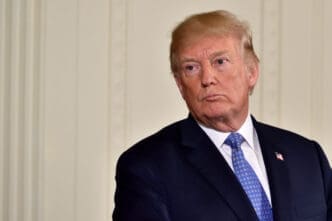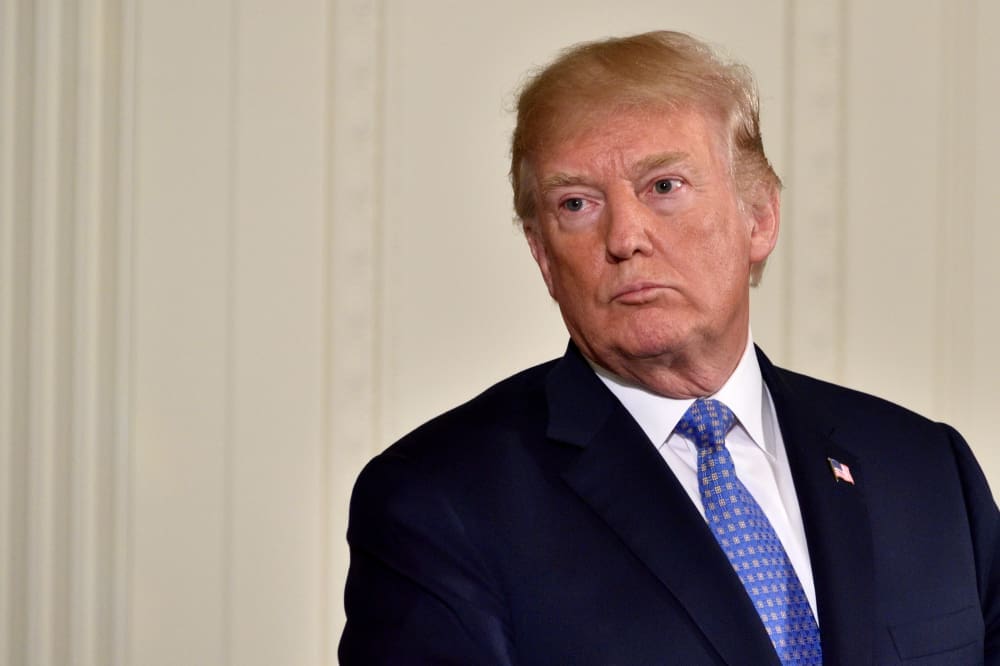Washington, D.C. – President Donald Trump is reportedly growing more favorable toward utilizing U.S. military assets to strike Iranian nuclear facilities, according to two officials familiar with ongoing discussions. This marks a significant shift from his previous inclination toward a diplomatic resolution in the escalating conflict between Tehran and Israel.
The change in President Trump's stance comes amid heightened tensions, with discussions among administration officials over the weekend focusing on diplomatic solutions. However, on his return from the Group of 7 summit in Canada, Trump expressed a waning patience for negotiations, stating, "I'm not too much in the mood to negotiate with Iran," and emphasizing that his goal was "an end, a real end, not a ceasefire," or "giving up entirely."
In a series of Truth Social posts, President Trump called for Iran's "UNCONDITIONAL SURRENDER" and indicated that the U.S. had located Iran's supreme leader, though he stated there were no immediate plans to target him. His message underscores a potential move away from diplomacy, as officials noted that top-level meetings with Iranian officials were not currently planned.
Vice President JD Vance echoed the president's sentiments on social media, hinting at the possibility of further actions to end Iranian nuclear enrichment. Trump was scheduled to meet with his national security team in the White House Situation Room to deliberate on the next steps.
Israel has been urging increased U.S. involvement in dismantling Iran's nuclear facilities, which they assert requires American military equipment. While Trump had previously hesitated to engage directly on behalf of Israel, he now appears more combative in his rhetoric, emphasizing U.S. military superiority.
Despite the aggressive posture, diplomatic efforts have not entirely ceased. Special envoy Steve Witkoff has been tasked with engaging regional players, including the Qataris, Egyptians, Saudis, and Turks, to bring Iran back to the negotiating table. A regional diplomat noted, "It is not just the Omanis, it is everyone. Everyone is working."
Iran's Foreign Ministry, however, has denied knowledge of any planned talks. Meanwhile, U.S. intelligence and military officials continue to monitor Israel's communications for indications of further offensive operations against Iran.
In a private call, Senator Lindsey Graham urged President Trump to take decisive action to end Iran's nuclear ambitions, insisting that this moment was historic and calling for direct U.S. military involvement if necessary.
Amidst these developments, President Trump reasserted his commitment to preventing Iran from obtaining a nuclear weapon, despite differing assessments from U.S. intelligence agencies.
As tensions remain high, President Trump has cautioned Iran that any attacks on American troops would lead to severe retaliatory measures. The situation continues to evolve, with the administration closely watching both diplomatic channels and military options.












